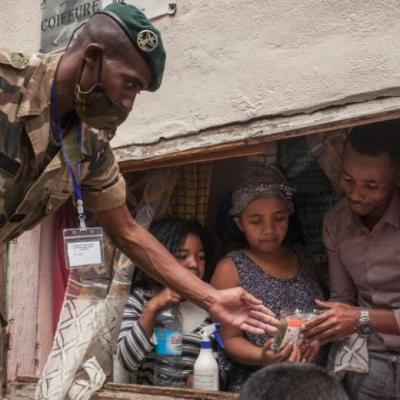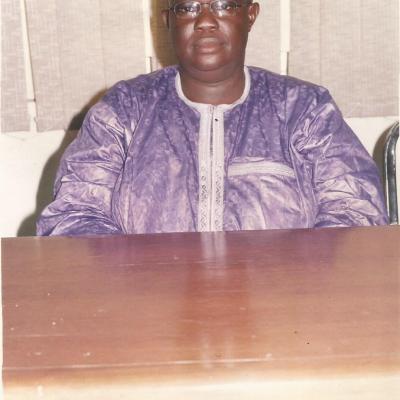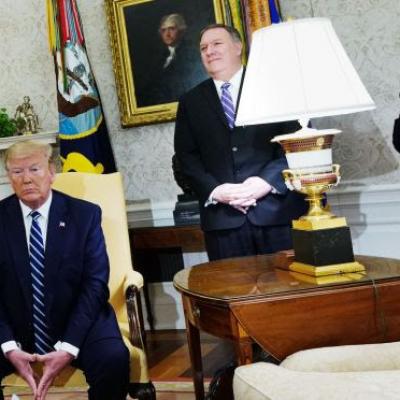China
-
Chinese High-Altitude Balloon Recovery
- By solomon2day
- On 16/02/2023
- In News
Behind the Bureau’s role as the lead governing agency for the forensic examination of the Chinese high-altitude balloon
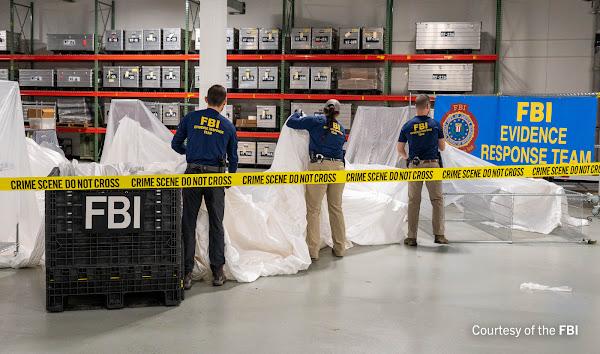 FBI special agents assigned to the Evidence Response Team process material recovered from the high-altitude balloon recovered off the coast of South Carolina. In a news briefing on Thursday, senior FBI officials detailed the Bureau’s role as the lead governing agency for the forensic examination of the Chinese high-altitude balloon identified and shot down February 5 by the U.S. military off the coast of South Carolina. The Operational Technology Division and the Laboratory Division are working closely with subject matter experts from the Department of Defense—including the Naval Criminal Investigative Service—and other government agencies. Additionally, personnel from the FBI’s Washington, Columbia, Charlotte, and Norfolk field offices have deployed personnel, including ERT- and USERT-trained agents, to assist with the logistics of the recovery and analysis of the debris. Michael Paul, assistant director of the Operational and Technology Division (OTD), and Eric Pokorak, assistant director of the Laboratory Division, said it is too early in the investigation to determine the intent and capabilities of the balloon. Pokorak said much of the evidence remains underwater and that the FBI is coordinating further searches with the U.S. Navy and Coast Guard. Dive teams from the FBI and U.S. Navy are working together. “We were on-scene late Sunday, on February 5, and the first evidence that was received was transported to Quantico and received late Monday, February 6,” he explained. Pokorak described the search area as a “large-scale scene” and said weather concerns in the next few days “may impact” evidence collection and the transportation of recovered items.
FBI special agents assigned to the Evidence Response Team process material recovered from the high-altitude balloon recovered off the coast of South Carolina. In a news briefing on Thursday, senior FBI officials detailed the Bureau’s role as the lead governing agency for the forensic examination of the Chinese high-altitude balloon identified and shot down February 5 by the U.S. military off the coast of South Carolina. The Operational Technology Division and the Laboratory Division are working closely with subject matter experts from the Department of Defense—including the Naval Criminal Investigative Service—and other government agencies. Additionally, personnel from the FBI’s Washington, Columbia, Charlotte, and Norfolk field offices have deployed personnel, including ERT- and USERT-trained agents, to assist with the logistics of the recovery and analysis of the debris. Michael Paul, assistant director of the Operational and Technology Division (OTD), and Eric Pokorak, assistant director of the Laboratory Division, said it is too early in the investigation to determine the intent and capabilities of the balloon. Pokorak said much of the evidence remains underwater and that the FBI is coordinating further searches with the U.S. Navy and Coast Guard. Dive teams from the FBI and U.S. Navy are working together. “We were on-scene late Sunday, on February 5, and the first evidence that was received was transported to Quantico and received late Monday, February 6,” he explained. Pokorak described the search area as a “large-scale scene” and said weather concerns in the next few days “may impact” evidence collection and the transportation of recovered items.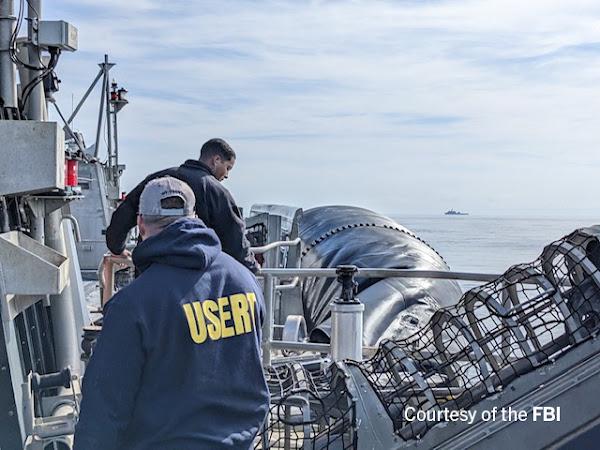
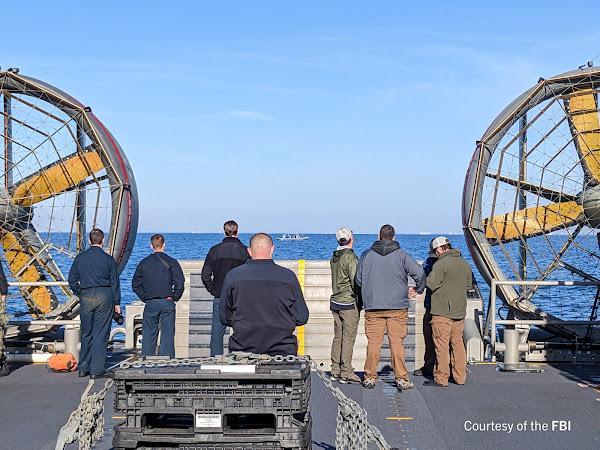 Once the evidence is received at the FBI Laboratory in Quantico, Virginia, a team of experts engages in a decontamination process, Pokorak continued. “In simple terms, that is removing the salt water from the evidence itself. Rinsing and washing it so that it can be further processed.” The evidence recovered so far has been limited to surface findings, including the balloon (or canopy itself) some wiring, a tiny amount of electronics—but only a small portion of the payload. “We have not seen the payload where we expect to see the lion’s share of the electronics,” said Paul. “OTD deployed specialists to assist with screening and to specifically assess electronic components that might be recovered during the operation.”
Once the evidence is received at the FBI Laboratory in Quantico, Virginia, a team of experts engages in a decontamination process, Pokorak continued. “In simple terms, that is removing the salt water from the evidence itself. Rinsing and washing it so that it can be further processed.” The evidence recovered so far has been limited to surface findings, including the balloon (or canopy itself) some wiring, a tiny amount of electronics—but only a small portion of the payload. “We have not seen the payload where we expect to see the lion’s share of the electronics,” said Paul. “OTD deployed specialists to assist with screening and to specifically assess electronic components that might be recovered during the operation.”
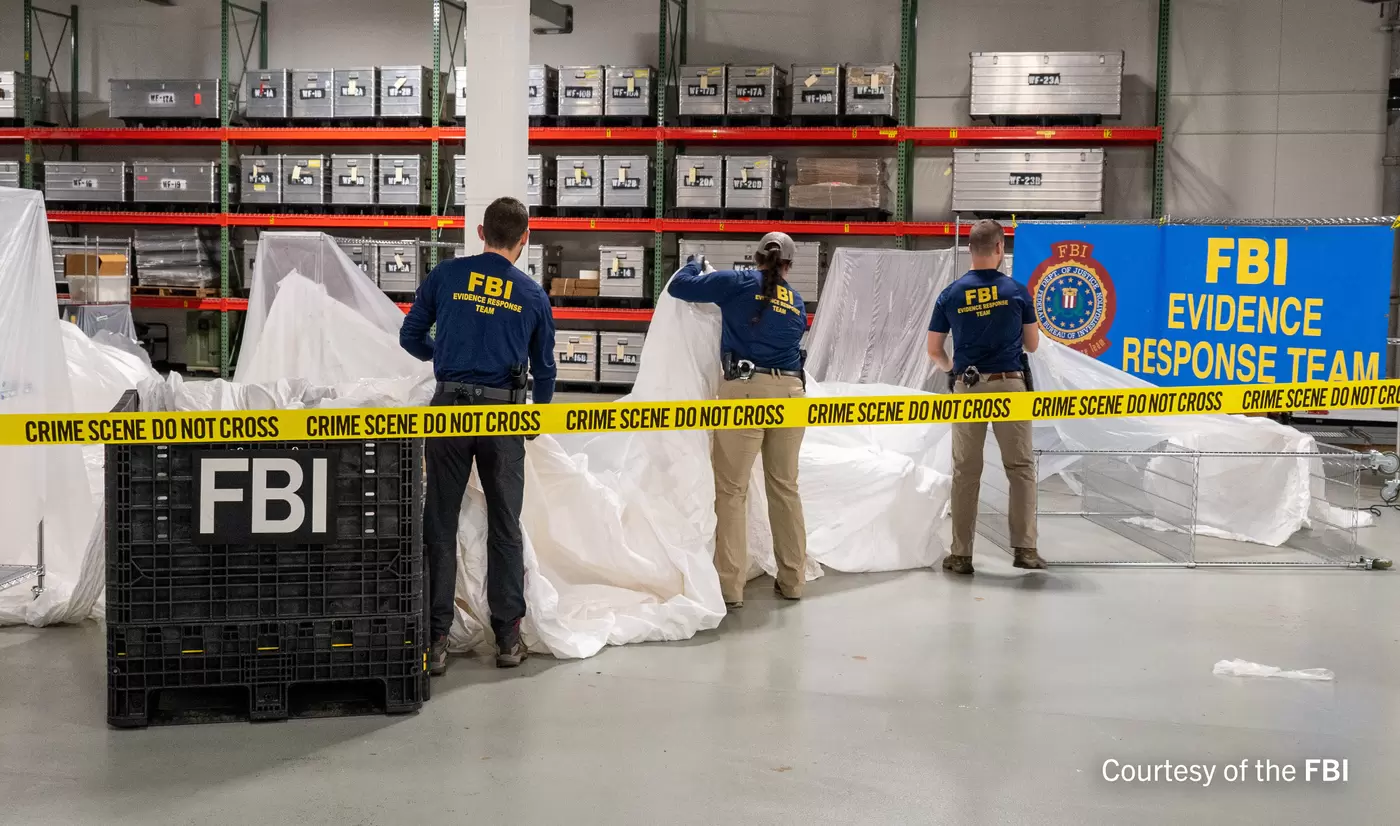 He said this investigation marks the first time the FBI Laboratory and OTD have responded to a “hot air balloon of this nature” and the processing of the corresponding scene. Paul said no “energetic or offensive material” has been detected but emphasized much of the evidence has yet to be recovered. Asked about the manufacturer of the balloon or whether its design was based on stolen intelligence, Paul said the FBI is not in position “at this point to have that information.” He said both the FBI Laboratory and OTD are working to determine the source of the balloon components. Additionally, the FBI has no information or physical evidence at this time that contradicts previous statements made by other government agencies. The Laboratory Division leads the collection, transportation, and subsequent forensic examinations of evidentiary material. It is staffed with subject matter experts, including highly trained evidence response dive teams and hazardous evidence response teams, which contribute to the mission of collecting, analyzing, and sharing timely scientific and technical information within the FBI and with other government and law enforcement agencies. The OTD is the FBI’s provenance for applied technology enabling and enhancing investigations. OTD personnel have been deployed to assist with recovery efforts and initial assessments of technological evidence. Source-FBI
He said this investigation marks the first time the FBI Laboratory and OTD have responded to a “hot air balloon of this nature” and the processing of the corresponding scene. Paul said no “energetic or offensive material” has been detected but emphasized much of the evidence has yet to be recovered. Asked about the manufacturer of the balloon or whether its design was based on stolen intelligence, Paul said the FBI is not in position “at this point to have that information.” He said both the FBI Laboratory and OTD are working to determine the source of the balloon components. Additionally, the FBI has no information or physical evidence at this time that contradicts previous statements made by other government agencies. The Laboratory Division leads the collection, transportation, and subsequent forensic examinations of evidentiary material. It is staffed with subject matter experts, including highly trained evidence response dive teams and hazardous evidence response teams, which contribute to the mission of collecting, analyzing, and sharing timely scientific and technical information within the FBI and with other government and law enforcement agencies. The OTD is the FBI’s provenance for applied technology enabling and enhancing investigations. OTD personnel have been deployed to assist with recovery efforts and initial assessments of technological evidence. Source-FBI -
Debts : Publish Terms and Conditions of all Loans to allay the Fears of Nigerians-Prof. Olagoke
- By solomon2day
- On 07/08/2020
- In Special Report
 In the middle of dwindling oil revenue, the Federal and State Governments in Nigeria have resorted to loans and bonds to promote national prosperity, efficient, dynamic, and self-reliant economy. Sadly, the details, repayment plans, terms, and conditions of the loans taken are not in the public domain, as regards accountability. The insinuation is that the government intends to trade off the assets it used to secure the loans. Of worry is the fact that the management and operation of the major sectors of the economy are in bad shape, with most states looking up to the center for their survival. In this interview, the Founder, Spiritual Head, and Grand Imam of Shafaudeen-in-Islam Worldwide, Prof. Sabitu Olagoke opines the Federal and State Governments should publish the terms and conditions of all loans to allay the Fear of Nigerians on the country's debt status. Excerpts :
In the middle of dwindling oil revenue, the Federal and State Governments in Nigeria have resorted to loans and bonds to promote national prosperity, efficient, dynamic, and self-reliant economy. Sadly, the details, repayment plans, terms, and conditions of the loans taken are not in the public domain, as regards accountability. The insinuation is that the government intends to trade off the assets it used to secure the loans. Of worry is the fact that the management and operation of the major sectors of the economy are in bad shape, with most states looking up to the center for their survival. In this interview, the Founder, Spiritual Head, and Grand Imam of Shafaudeen-in-Islam Worldwide, Prof. Sabitu Olagoke opines the Federal and State Governments should publish the terms and conditions of all loans to allay the Fear of Nigerians on the country's debt status. Excerpts :Do you think the decision of the Federal and State Governments to resort to loans and bonds to promote national prosperity, efficient, dynamic, and self-reliant economy is in the best interest of Nigerians?
For Nigerians to be dynamically buoyant into prosperity, the structure on ground that is full of loopholes and leakages for corruption and self-enrichment may not be feasible if the crop of people in governance to date continues to be recycled.
Taking loans and bonds in and environment of indiscipline, impunity and corruption may not make the dream to be feasible. The socio-divine principle of transparency and accountability in transaction calls for public knowledge of government finances-domestic or foreign loans-and any aspect of government business activities. If we allow this in governance, it would create an enabling environment to criticize decisions in the offing. In the process, such as the Nigeria/Cina loan conditions, questions like the following would arise to save the next generation of government from possible future embarrassment. 1) Feasibility of the payback period. 2)Payback conditions-stringent or otherwise. 3) Respect for the Nigerian content law. 4) Due process demand on follow up questions must be examined too.
The Federal Government is, therefore, required to go through the protocol of the Debt Management Office(DMO) which represents the position of the Nigerian constitution.
Section 21(1) of the Act(2003) is clear on this: That no external loans shall be approved or obtained by any Minister unless its terms and conditions shall have been laid before the National Assembly and approved by its resolution: Anything different from the above-stated process should be regarded as been fraught with hidden agenda by the organs of process operations that are not playing their roles well. It is unfortunate that Nigerians, generally, to date are facing economic hardships amidst accumulated debts, perhaps because of corruption. For example, our debt profile rose from $12.18 Trillion in 2015 to $27.40 Trillion in 2019. In the year 2020 alone, the total debt incurred as approved by the National Assembly for the President is about a total of $28 billion, but without a commensurate improvement in the quality of lives of the people of Nigeria.
We are yet to have economic liberation and political freedom if we are to go by all the lacks and no access, even of basic needs.
The country is now divided into a democratic process with two extreme dividends-kleptocracy by the few rich and poverty by the majority of the population!
The following considerations are sacrosanct to taking the loans-1) Consider the needs of the people, seek for their consent, and carry them along on the implications of the terms and conditions attached to taking the loans. 2) Respect the local content agreement that some type of jobs that are no too technical and the aspects that do not require the transfer of technology must be handled by Nigerians to solve our unemployment challenges. The need for the Federal Government of Nigeria to publish the status and the terms and conditions of repaying outstanding loans, collected and inherited, including the China/Nigeria loan deal that is currently attracting controversial reactions with clear monitoring mechanism in place to monitor the way and manner it is to be spent on the various projects attached to the loans. Ii would be of interest to Nigerians if this template could be extended to all outstanding loans that have become the country's debts. This will allay the fears or give all Nigerians the reason to reject further borrowing by the present administration or the next, so as to have a bequeathable legacy of sustainable development rather than a game of deceit that would continue to impoverish the masses and the environment.




